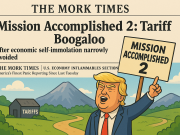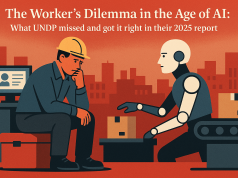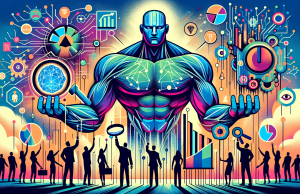The gig economy has seen a dramatic transformation over the last decade, profoundly influenced by rapid advancements in technology. From AI and machine learning to sophisticated remote collaboration tools, the way independent workers find opportunities, execute tasks, and manage their careers has shifted to a virtual paradigm that promises both unprecedented freedom and new challenges.
One of the most significant changes in the gig economy is how platforms leverage artificial intelligence and machine learning to enhance job matching processes. Algorithms are now capable of analyzing vast amounts of data to predict which workers are best suited for particular tasks, considering factors such as past performance, skills, and even the likelihood of job acceptance. This level of optimization has the potential to increase efficiency and satisfaction for both gig workers and employers. However, it also raises concerns regarding autonomy and job security, as the algorithmic management can lead to a lack of transparency and control over work conditions.
The growth of remote collaboration tools has also been integral in fostering a culture that supports digital nomads. Freelancers can now collaborate with clients and teams from anywhere in the world, provided they have internet connectivity. This evolution has led to a reshaping of work-life balance, offering a blend of flexibility and efficiency. Nonetheless, while many celebrate the freedom this brings, it’s important to acknowledge how it may impact mental health, as the boundaries between personal and professional life blur.
Technological advancements in the gig economy are not without their challenges. Privacy concerns emerge as workers share sensitive data with gig platforms. Algorithmic bias can inadvertently perpetuate discrimination, and the digital divide may further marginalize workers who lack access to the necessary tools or skills to compete in this tech-centric marketplace.
As these technologies continue to evolve, regulations struggle to keep pace. Policymakers are tasked with navigating a complex landscape where traditional labor laws may no longer apply. They must work to ensure that the gig economy remains fair, equitable, and sustainable, considering the rights and protections of gig workers.
In conclusion, as we look toward the future, it’s clear that technology will continue to be a driving force in the gig economy. For gig workers, employers, and policymakers alike, understanding these advancements is critical. By examining the opportunities and challenges they present, we can work together to shape a gig economy that benefits all its participants and sets the stage for a new era of work.



























